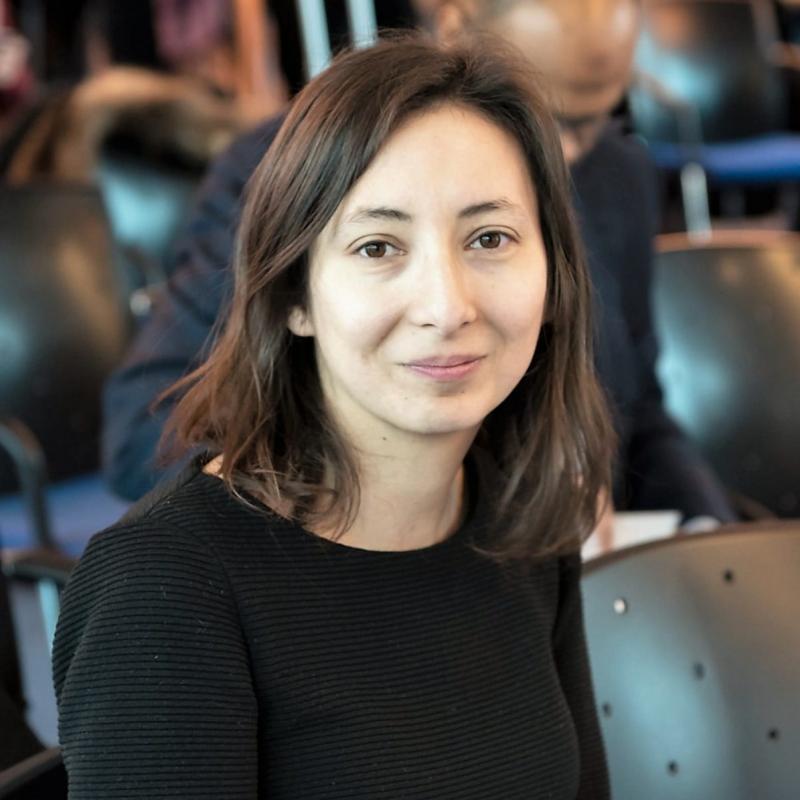Breadcrumb
Harry Begg, a DPhil student and a researcher in the Banklash programme at the Blavatnik School, has written in the journal Fiscal Studies about the causes of the UK's weak response to the coronavirus pandemic. With Lord Gus O'Donnell, Honorary Fellow of Nuffield College and former UK Cabinet Secretary, he explores how the UK outcomes were caused by a series of policymaking missteps from mid-January onwards.
The article, entitled 'Far From Well: The UK Since COVID-19, and Learning to Follow the Science(s)', looks to evidence collection, structures and processes of policymaking, questions of political economy and leadership, as well as institutional weaknesses as the key factors to understanding the UK's poor performance. Harry and Gus also point out that much more evidence remains to be uncovered before firm conclusions are drawn as to which of these factors were most decisive.
As its title suggests, the article also explores how policymakers may have "followed the science" when it comes to advice given by medical scientists, but they have been less proactive in incorporating vital insights from social science. In future, it will be incumbent on policymakers to consider advice from a variety of expert opinion in their decision-making, and particularly when designing policies that rely on the public changing their behaviours. Failure to do this has been especially detrimental in the COVID crisis, given that mass behaviour change is the only way to "beat" the pandemic in the absence of a successfully rolled-out vaccine.
After outlining the causes of failure, Harry and Gus also offer policymakers a framework for a future public inquiry, which has been promised by British Prime Minister Boris Johnson, and which they suggest should prioritise state learning in a way that will most help the UK better prepare for future crises.
The article is freely available for 3 months at the link above.



